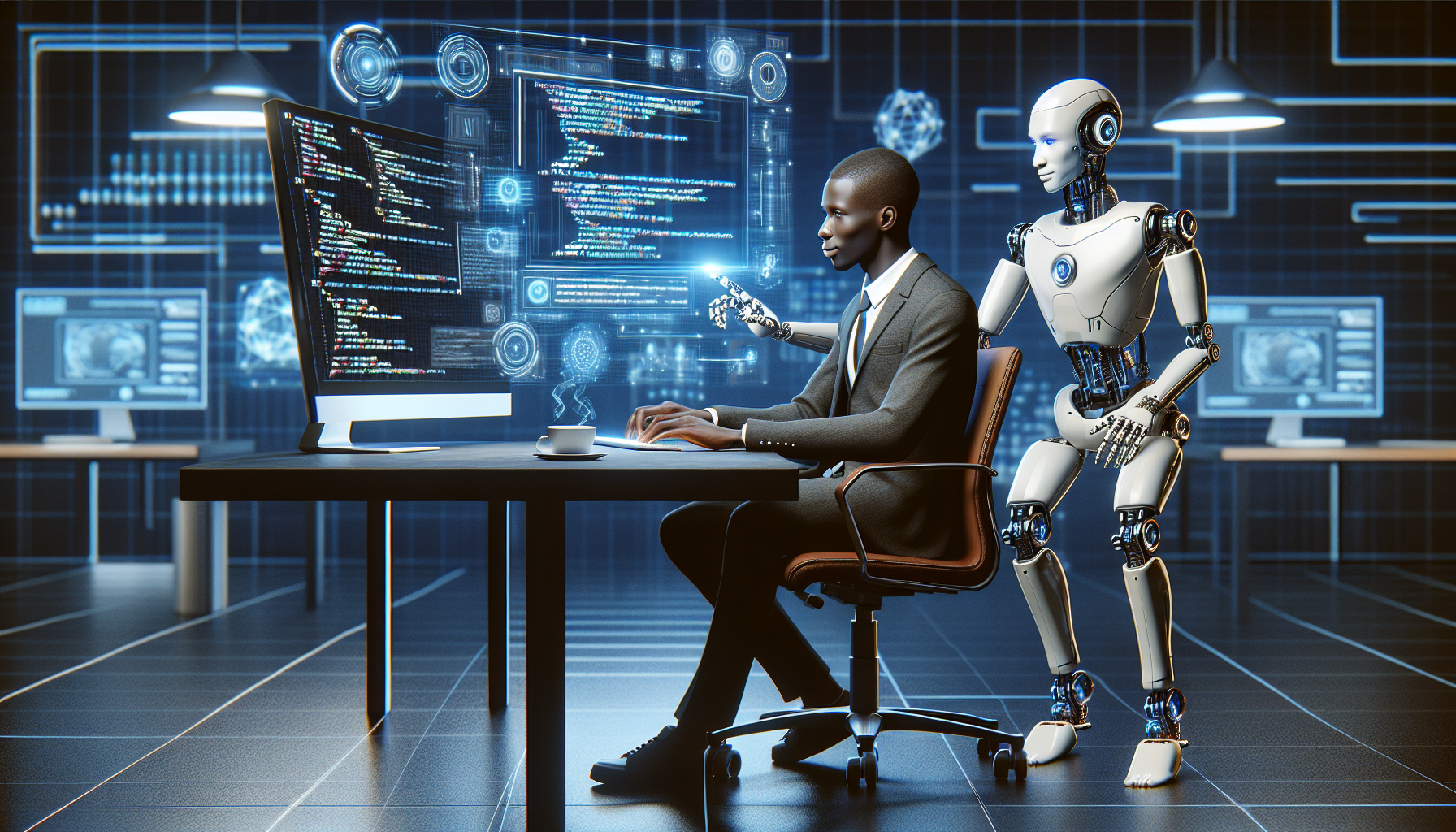
Introduction
Have you ever wondered if AI will replace programmers? This question sparks curiosity and concern among developers and tech enthusiasts alike. As AI continues to advance, understanding its impact on programming jobs is crucial. In this blog post, we'll explore whether AI poses a threat to programmers, or if it will simply change the landscape of coding.
Will AI Replace Programmers? Examining the Future of Coding
AI's rapid development raises significant questions about the future of programming. Let's dive into how AI is influencing the programming world, the potential for job displacement, and the new opportunities it brings.
AI's Role in Programming Today
AI is already making significant contributions to the programming world, enhancing efficiency and productivity.
Code Generation: Tools like GitHub Copilot use AI to assist with code generation, suggesting code snippets and completing lines of code. This speeds up the coding process and helps developers overcome common hurdles.
Bug Detection: AI-powered tools can identify and fix bugs faster than traditional methods. By analyzing vast amounts of code, these tools can detect patterns and predict where errors are likely to occur.
Automated Testing: AI automates testing processes, ensuring that code runs smoothly and meets quality standards. This reduces the time and effort required for manual testing.
The Threat of Job Displacement
While AI brings many benefits, it also raises concerns about job displacement among programmers.
Routine Tasks: AI is particularly effective at handling routine, repetitive tasks. This means that jobs focused on these tasks may be at risk of automation.
Skill Evolution: Programmers will need to adapt by developing skills that AI cannot easily replicate, such as creative problem-solving, strategic planning, and understanding user needs.
New Opportunities Created by AI
Rather than replacing programmers, AI is likely to create new opportunities and roles within the tech industry.
AI Development: There will be a growing demand for developers who can create and maintain AI systems. This requires a deep understanding of machine learning algorithms and data science.
Human-AI Collaboration: AI tools can augment human capabilities, allowing programmers to tackle more complex and innovative projects. This collaboration between humans and AI can lead to more efficient and creative solutions.
Focus on High-Level Tasks: With AI handling routine coding tasks, programmers can focus on high-level design, architecture, and strategic planning. This shift can lead to more fulfilling and impactful work.
The Importance of Continuous Learning
To stay relevant in the evolving tech landscape, continuous learning and skill development are crucial.
Upskilling: Programmers should invest in learning AI and machine learning concepts. Online courses, workshops, and certifications can provide valuable knowledge and credentials.
Adaptability: Embracing change and being open to new technologies will be key. Programmers who can adapt to new tools and methodologies will thrive in the AI-driven future.
Soft Skills: Developing soft skills such as communication, teamwork, and critical thinking will be increasingly important. These skills complement technical expertise and enhance overall effectiveness.
Conclusion
While AI is transforming the programming landscape, it is unlikely to replace programmers entirely. Instead, AI will augment human capabilities, automate routine tasks, and create new opportunities for skilled developers. By staying adaptable and continuously learning, programmers can thrive in an AI-enhanced future.